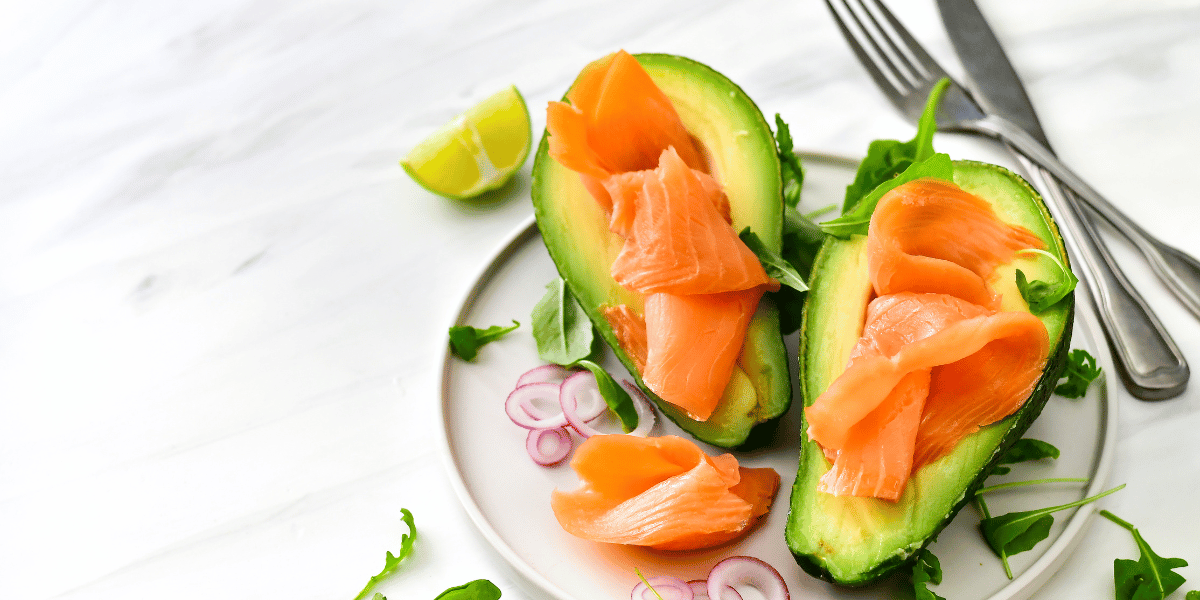Why Choose Fats For Breakfast
We have all heard the saying that breakfast is the most important meal of the day, but have you ever considered the impact of your breakfast choices...
.png?width=70&height=70&name=Stark_LogoMark%20(1).png)

The short answer is “no.” Consuming calories early in the morning doesn’t magically make you burn those calories off faster, you need physical activity for that! And in general, eating calories to burn calories is not a recipe you want to follow if your goal is losing body fat. So, if you’re not a big breakfast eater, no need to worry. There is no such thing as "the most important meal of the day" when it comes to nutrition or body composition- your total caloric/macronutrient intake across a 24-hour period is of far greater importance!
However, there are some general rules related to breakfast and the metabolism, and it revolves less around WHEN you eat breakfast, and more about WHAT you eat. If you want to start your day off with metabolically beneficial nutrition, there are two basic rules:
Like mentioned earlier, eating more calories in an attempt to burn more is not a good idea. However, our bodies do expend energy during the digestion process. This is called the Thermic Effect of Food (TEF), and different foods have different TEF values. Generally, TEF is estimated to represent 10% of the total caloric intake one ingests over a 24-hour period, which means that if you eat 2,000 calories in a day, your body will burn about 200 of those calories through the digestion of that food. However, the TEF ranges depending on the source of those calories, as it takes less energy to break down liquids or carbohydrates than protein. The TEF of protein is between 20-30%1, so the metabolic response your body elicits will be higher if you eat a high-protein breakfast. This is true no matter what time of the day you eat, but if your goal is to kickstart the metabolism first thing in the morning, then it should begin with a high-protein breakfast!
Additionally, protein promotes the building/maintaining of lean mass, which benefits the metabolism by increasing your basal metabolic rate (BMR). You can read more about that HERE.
The other thing that can have a big effect on your metabolism is blood sugar. Spikes in blood glucose are generally followed by a drop/crash, which will leave you feeling lethargic. And any time your energy drops like that, energy production (and thus metabolism) is going to slow down big time. Luckily, consuming protein in conjunction with carbohydrates will decrease the spike in blood glucose that follows a meal, compared to when consuming carbohydrates alone.2 This means that a protein-rich breakfast will lead to higher, more consistent energy levels throughout the day, whereas smashing a big stack of pancakes could leave you dragging and needing another cup of coffee by 10am.
A high-protein breakfast is a great way to kickstart your metabolism first thing in the morning. However, don’t get wrapped around the axle when it comes to the timing of meals. Managing the total intake during a 24-hour period is the most important aspect of a great nutrition plan!
Sources:
1. Nutr Metab (Lond). 2014; 11: 53. Published online 2014 Nov 19. doi: 10.1186/1743-7075-11-53
2. Diabetes Care 1984 Sep; 7(5): 465-470.https://doi.org/10.2337/diacare.7.5.465

We have all heard the saying that breakfast is the most important meal of the day, but have you ever considered the impact of your breakfast choices...
1 min read
We love this recipe because its very versatile, as it works for breakfast, lunch, and dinner! You can multiply this recipe and control portions by...
A frittata is basically an open-faced omelet, which makes this is a great dish if you are having a hard time getting your breakfast in before work...